
Psychiatry needs compassionate, culturally competent leaders to address mental health challenges and promote innovative solutions for a healthier future.

Dr Moffic is an award-winning psychiatrist who specialized in the cultural and ethical aspects of psychiatry and is now in retirement and retirement as a private pro bono community psychiatrist. A prolific writer and speaker, he has done a weekday column titled “Psychiatric Views on the Daily News” and a weekly video, “Psychiatry & Society,” since the COVID-19 pandemic emerged. He was chosen to receive the 2024 Abraham Halpern Humanitarian Award from the American Association for Social Psychiatry. Previously, he received the Administrative Award in 2016 from the American Psychiatric Association, the one-time designation of being a Hero of Public Psychiatry from the Speaker of the Assembly of the APA in 2002, and the Exemplary Psychiatrist Award from the National Alliance for the Mentally Ill in 1991. He presented the third Rabbi Jeffrey B. Stiffman lecture at Congregation Shaare Emeth in St. Louis on Sunday, May 19, 2024. He is an advocate and activist for mental health issues related to climate instability, physician burnout, and xenophobia. He is now editing the final book in a 4-volume series on religions and psychiatry for Springer: Islamophobia, anti-Semitism, Christianity, and now The Eastern Religions, and Spirituality. He serves on the Editorial Board of Psychiatric Times.

Psychiatry needs compassionate, culturally competent leaders to address mental health challenges and promote innovative solutions for a healthier future.
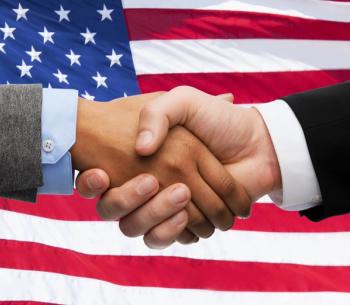
It is a heroic challenge to go against power, shares H. Steven Moffic, MD.

Discover the positive shifts in psychiatry, from youth mental health improvements to innovative treatment technologies, amidst current challenges.

Explore the importance of gratitude in psychiatry, addressing challenges, stigma, and the pursuit of mental health improvement in communities.
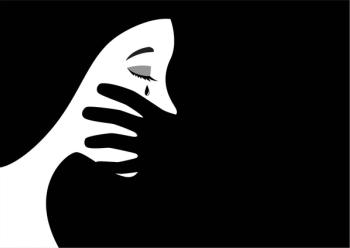
Women are experiencing ongoing trauma and sexual abuse, highlighting the need for psychiatric support and societal change.

Let's make time for kindness...

Explore the emerging field of spiritual psychiatry, addressing the intersection of mental health, ethics, and personal meaning in patient care.

Two promising psychiatrists have tragically passed away.

Should psychiatrists' ethical priority to try to improve mental health take priority over a strict interpretation of the Goldwater Rule during turbulent times?

This Veterans Day, explore the lasting impact of trauma on veterans and the importance of addressing PTSD in our communities.

Eleanor Roosevelt's legacy inspires today's leaders to champion human rights, emphasizing mental health and the ongoing fight against discrimination.

Explore the profound connections between Thornton Wilder's "Our Town," psychiatry, and the importance of appreciating life's everyday moments.

Explore the intersection of AI and mental health, specifically the implications of technology on clinician well-being and ethical psychiatry.
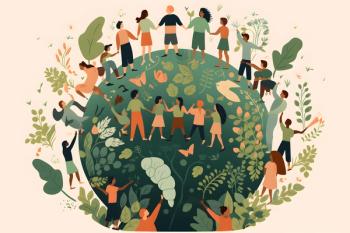
H. Steven Moffic, MD, explores the intersection of society and psychiatry, reflecting on cultural celebrations and the need for optimism amidst global challenges.

Explore the intersection of psychiatry and social issues, addressing xenophobia and promoting understanding among diverse communities for a better future.

Explore the significance of the Days of the Dead, reflecting on life, loss, and the importance of mental health during this introspective season.

Explore the complex relationship between Halloween treats, nutrition debates, and mental health, highlighting the need for balanced diets and food accessibility.

H. Steven Moffic, MD, explores the connections between "Fiddler on the Roof" and current global issues, blending tradition with hope amid Halloween reflections.
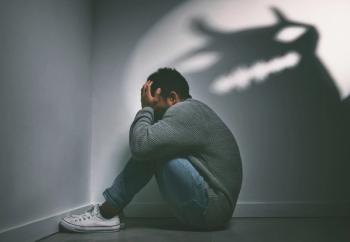
Halloween can trigger trauma for some, while others embrace it as a playful way to confront fears and express creativity.
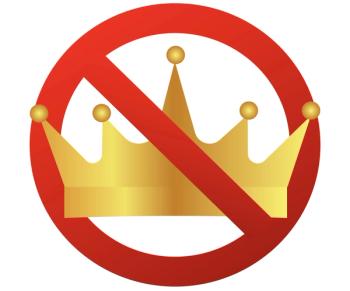
The "No Kings" rallies highlight a growing demand for democratic leadership amid political tensions, reflecting societal concerns over mental health and governance.

As Halloween approaches, the rise in decorations and costumes reflects our cultural response to anxiety and societal challenges.

Pharmacists receive heartfelt appreciation from the public, highlighting their vital role and the need for kindness in healthcare interactions.

Our annual transition has begun...

Explore the rising burnout rates among pharmacists and their impact on patient care during American Pharmacists Month.

Explore the complexities of moral injuries in the Mideast conflict and their impact on mental health during a historic ceasefire.
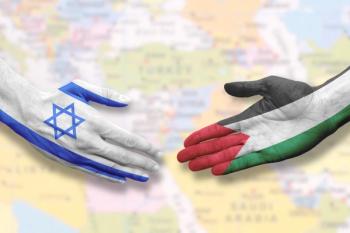
Explore the psychological impacts of the Israel-Palestine conflict, emphasizing trauma, identity, and the potential for healing and peace through psychiatry.
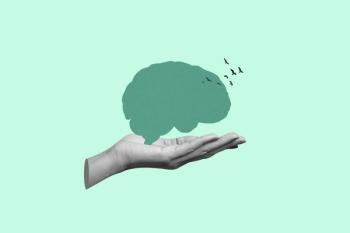
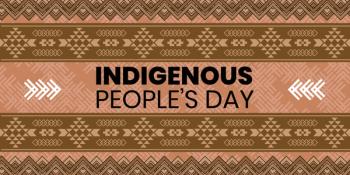
Explore the evolving significance of Indigenous People's Day and its impact on mental health, community healing, and historical recognition.
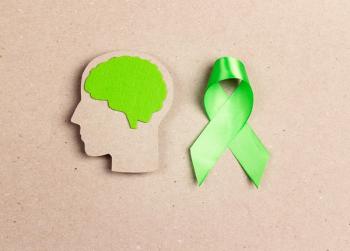
World Mental Health Day emphasizes the importance of mental health access during crises, urging professionals to prioritize their own well-being amidst challenges.
